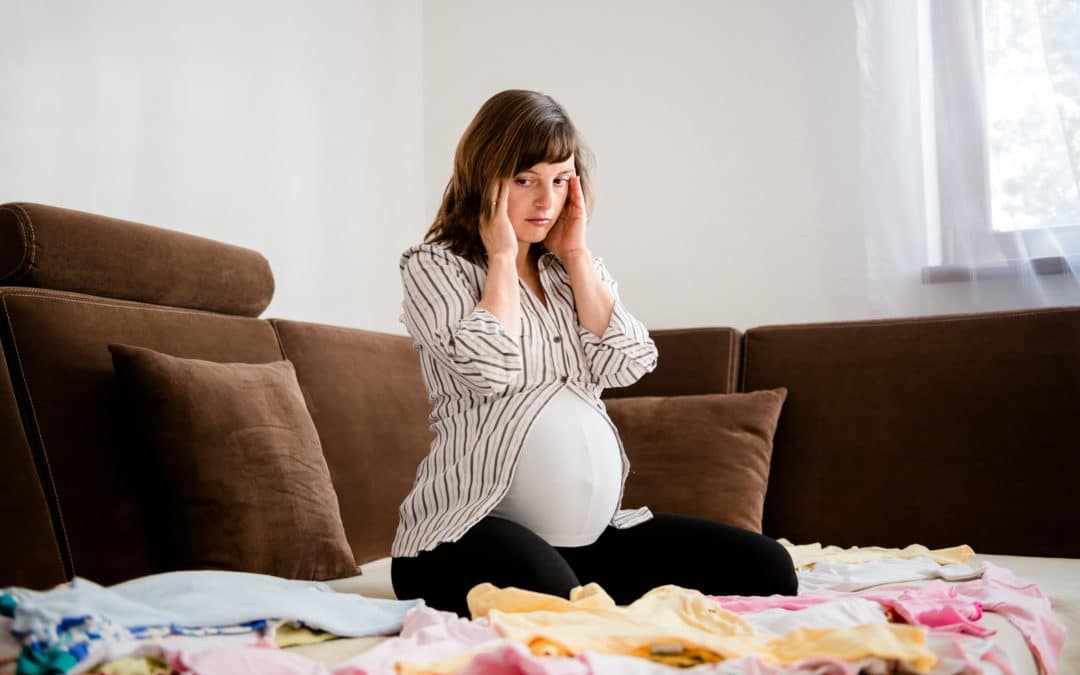Having Kids promotes a child-first family planning model. What does that mean? Put simply, it means planning families around what kids need in the long-term, rather than simply around what parents want in the short-term. For example, teenagers may want to have kids because they think it’s trendy. But because kids themselves don’t make great parents, a child-first family planning approach would prioritize minimizing teen pregnancy. An adult couple may want to have five or six kids because of family tradition or religion. But given the impact each person places on the environment, including degrading our atmosphere and changing our climate, parents engaged in child-first family planning would be encouraged to rethink that decision. Only the child-first model promotes fundamental values like fairness, equality, and democracy.
Right now, parent-first family planning is the dominant model in most places. It treats the idea of having as many kids as parents want – whenever and wherever – as the personal and private decision of the parents. It’s all about the parents. Because of that model, many think it’s OK that some kids come into the world with a massive head start, in a position to dominate others because of their parents’ wealth. This model opens the door for some to push for policies that encourage women to have more kids in order to fuel economic growth and nationalism. Because of the parent-first model, many think there’s no such thing as a time when one is “ready” to have kids – why would there be if the point of having kids is to find personal fulfillment?
The parent-first model encourages people who are not ready to be good parents to have kids, pushes people to have kids who will later come to regret it, and pushes more and more kids through a completely broken system that can’t provide even basic things like health insurance. That model is filling our already crowded world with millions more people. 
One of the ugliest aspects of the parent-first family planning model is the push by many economists for larger families – literally paying parents to have kids – in order to create workers to pay for their parents’ retirement. That approach prioritizes parents’ investment and retirement accounts over a safe and healthy environment, minimum standards at birth for every child, and a fair start in life.
Changing to a child-first family planning model is not as hard as it seems. Right now there are serious proposals in Washington to create simple cash-payments to families of children in need, and in some cases payments for all kids, via what are called “baby bonds,” or $20,000 accounts available to all children when they turn 18. Could these proposals be amended to become cooperative family planning measures instead, where the funds are made contingent on some modest form of family planning and co-payment? By having parents contribute five percent of the amount before they have their first child, for example, we could improve the welfare of those in need even more. Improving child welfare is vital, but it doesn’t really work if we don’t think ahead enough to act before a child is born.
The future, for us and for our kids, is being defined by the family planning decisions happening around us. The best thing we can do to improve the future is to change from a family planning model focused on what parents want in the short-term, to one that focuses on what children need in the long-term.
Join the conversation at Having Kids.

